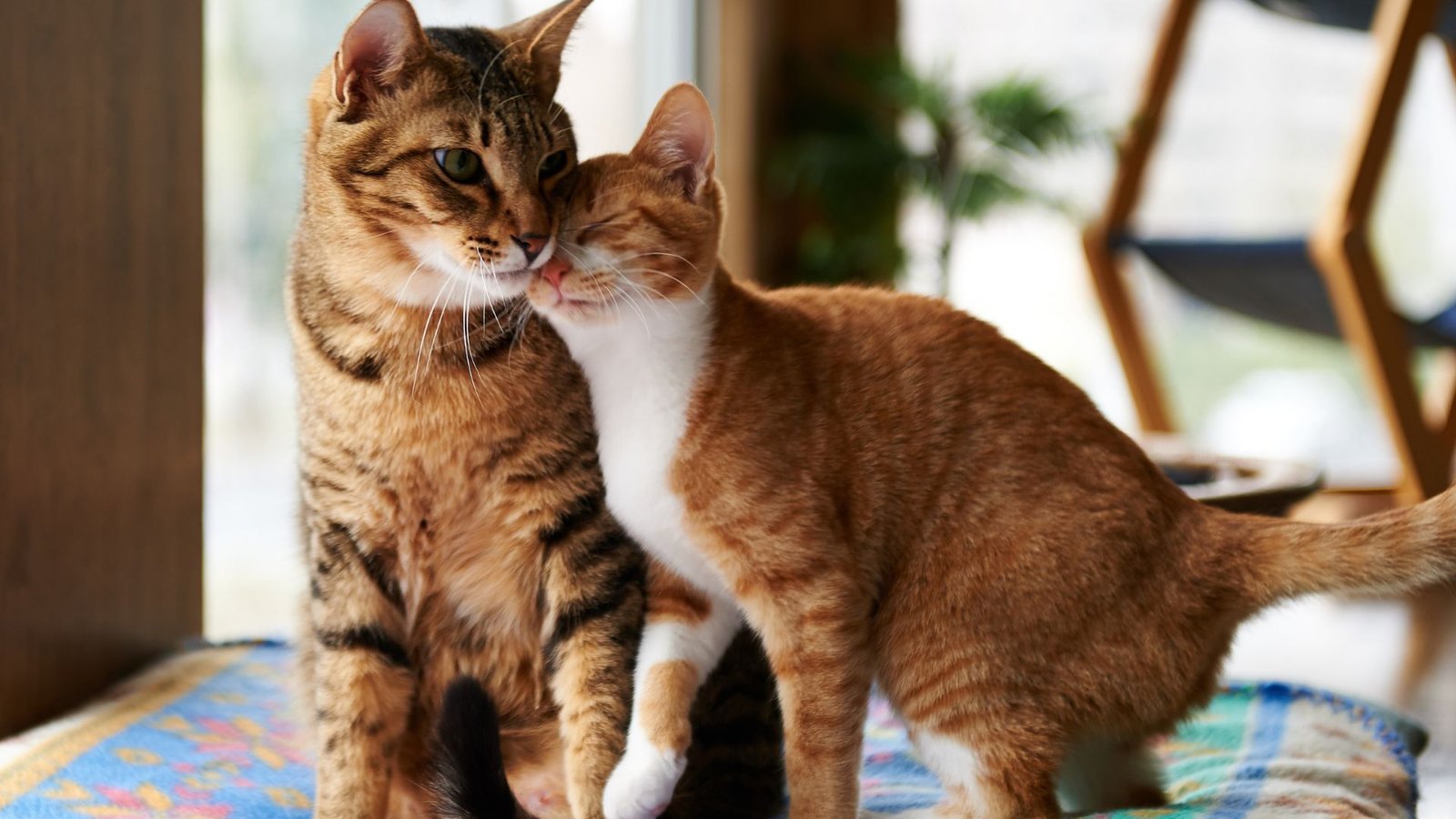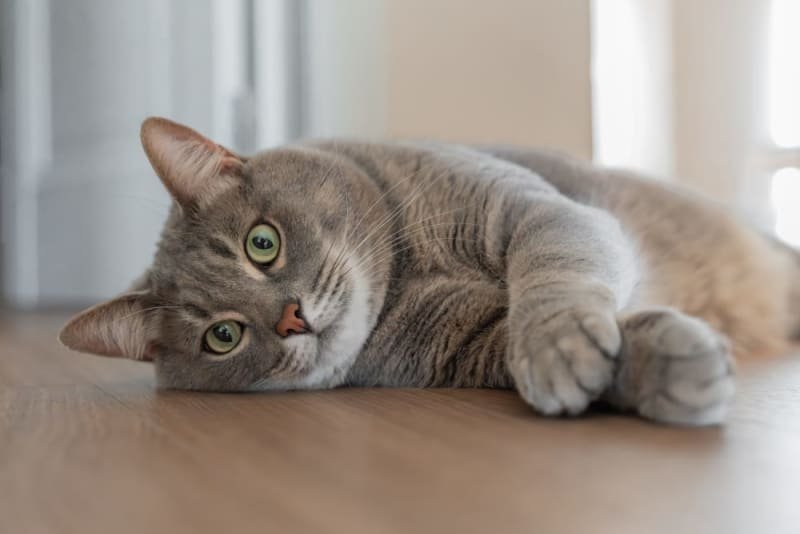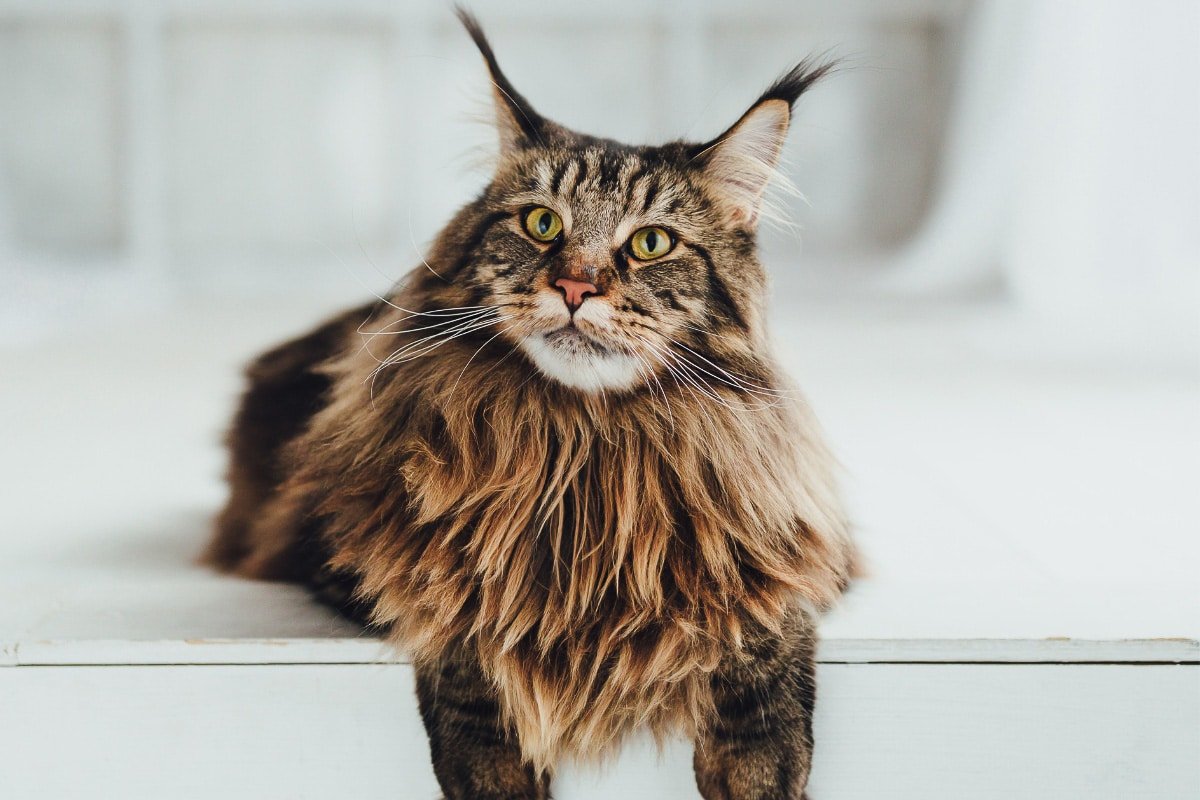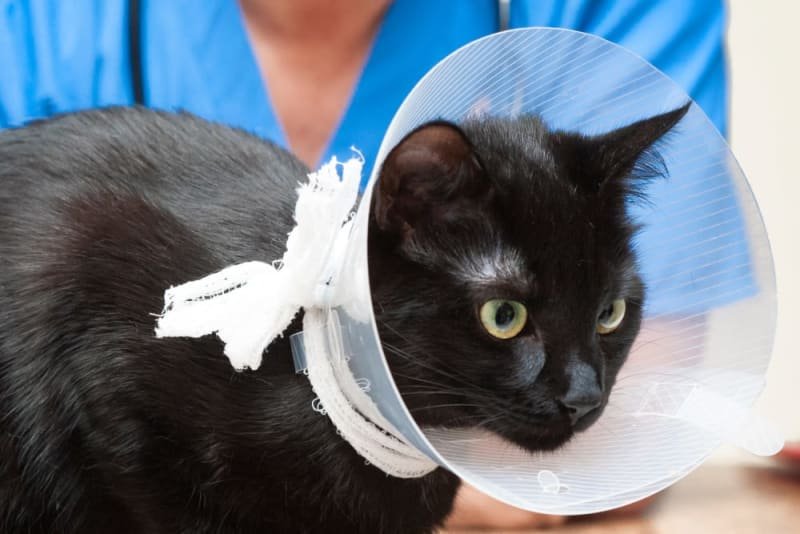When deciding whether to adopt a cat, many pet owners wonder, “Do male cats make better pets than females?” While both male and female cats can make wonderful companions, there are some differences in their behavior and care requirements. In this article, we’ll explore these differences and help you decide which type of cat might be the best fit for your home and lifestyle.
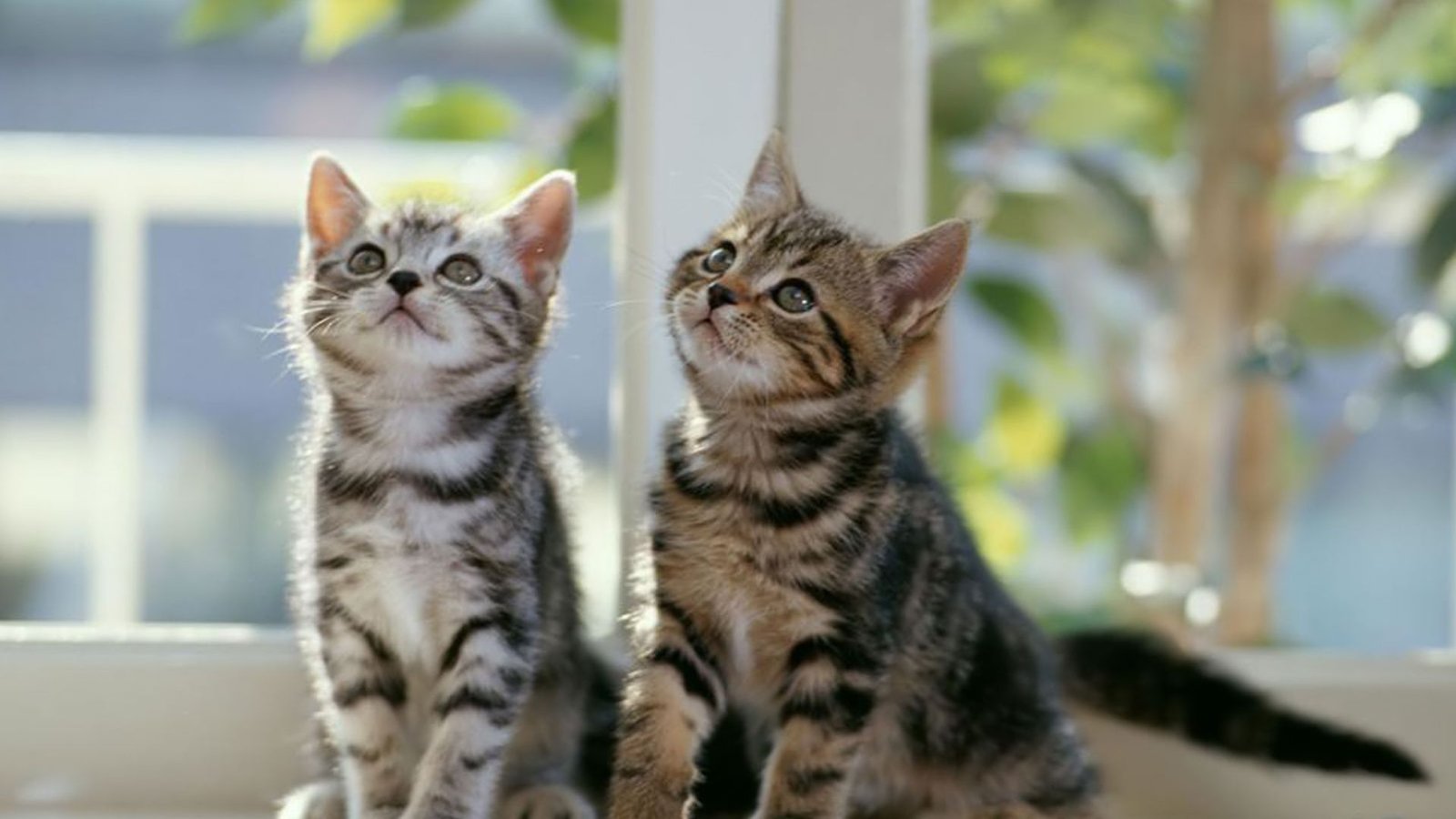
1. Personality Differences: Male Cats vs Female Cats
Male cats tend to be more affectionate and social. They are often known to form strong bonds with their owners and can be very loving and playful. Many male cats enjoy cuddling and are more likely to seek out attention and interaction with their human companions. If you want a cat that’s outgoing, friendly, and always ready for a snuggle, a male cat might be a great choice.
On the other hand, female cats are generally more independent. They tend to be more reserved and can enjoy their alone time. Female cats can be affectionate, but they may not always seek attention the way male cats do. They are often more content to sit quietly in a corner or watch the world go by. If you’re looking for a more independent and low-maintenance pet, a female cat might suit your lifestyle better.
2. Territory and Behavior: Male Cats vs Female Cats
Male cats—especially unneutered ones—can be more territorial. They may spray urine to mark their territory or become aggressive towards other male cats, especially when they feel their space is being threatened. Neutering your male cat can reduce these behaviors significantly, making them calmer and less territorial.
Female cats, in contrast, are generally less territorial. They can still be protective of their favorite spots, but they are typically not as prone to marking their territory or getting into fights. However, unspayed female cats may become more aggressive during their heat cycle. If you don’t plan to spay your female cat, be prepared for potential mood swings and vocalization during mating season.
3. Playfulness and Energy: Male Cats vs Female Cats
Male cats tend to be more playful, especially when they’re younger. They are often curious and eager to explore their environment. Male cats are more likely to engage in rough play, chasing toys, or running around the house. If you’re looking for a more energetic and playful pet, a male cat might be the best option.
Female cats, on the other hand, are generally more calm and less energetic than males. While they still enjoy playtime, their play tends to be quieter and less intense. Female cats are often content to relax and watch their environment rather than constantly seek out new adventures. If you prefer a more laid-back pet, a female cat might be the better choice.
4. Health Considerations: Male Cats vs Female Cats
Male cats are generally at risk for certain health issues, especially if they are unneutered. Unneutered male cats may develop behavior problems like spraying, roaming, or fighting. They may also have a higher risk of developing urinary problems, such as blocked urethras, which can be serious if not treated.
Female cats, if unspayed, can face their own set of health issues. Unspayed female cats are at risk for conditions like pyometra (a serious uterine infection) or ovarian cancer. Spaying your female cat early can prevent these health problems and also eliminate the risk of unwanted pregnancies.
Overall, both male and female cats can live healthy, happy lives with proper care and attention. Spaying or neutering your cat, regardless of gender, is crucial for preventing health issues and unwanted behavior.
5. Affection and Bonding: Male Cats vs Female Cats
Male cats tend to be more affectionate and people-oriented. They often seek out their human companions for attention and love. Many male cats love to cuddle and will follow their owners around the house, eager to be close. If you enjoy a cat that craves companionship and attention, a male cat is likely to fit the bill.
Female cats, while still affectionate, can be a little more reserved. They may not seek attention as frequently as males, but they can still form strong bonds with their owners. Female cats are often content to receive affection on their own terms. If you prefer a cat that’s a bit more independent but still loving, a female cat could be a great choice.
6. Choosing Based on Your Lifestyle
When deciding whether male cats make better pets than females, consider your lifestyle and what you’re looking for in a cat:
- If you want a playful, affectionate, and social cat that loves human interaction, a male cat may be the right fit for you.
- If you’re looking for a calmer, more independent cat that enjoys some attention but doesn’t require constant affection, a female cat might suit your home better.
Also, think about how much time you can dedicate to your pet. Male cats often seek more attention, while female cats can be content with more alone time. Understanding the personality differences can help you choose the right cat for your family and living situation.
Conclusion
So, do male cats make better pets than females? The answer depends on what you’re looking for in a companion. Male cats are generally more affectionate, playful, and social, making them great choices for people who want an interactive and loving pet. Female cats tend to be more independent and calm, which can make them a better fit for owners who prefer a quieter, low-maintenance pet.
Ultimately, both male and female cats can make wonderful pets. Their individual personalities play a huge role in how they interact with their owners, and every cat is unique. Whether you choose a male or female cat, make sure to provide plenty of love, care, and attention, and you’ll have a loyal companion for years to come.

